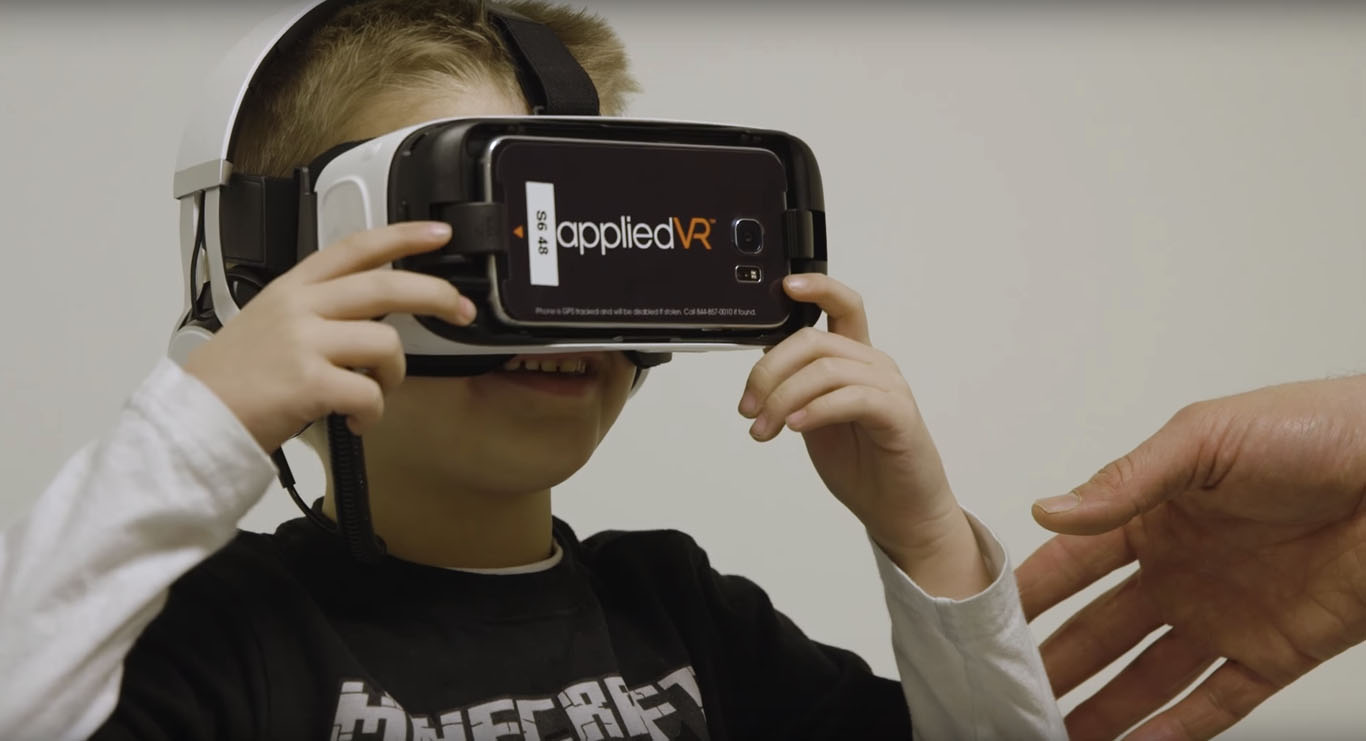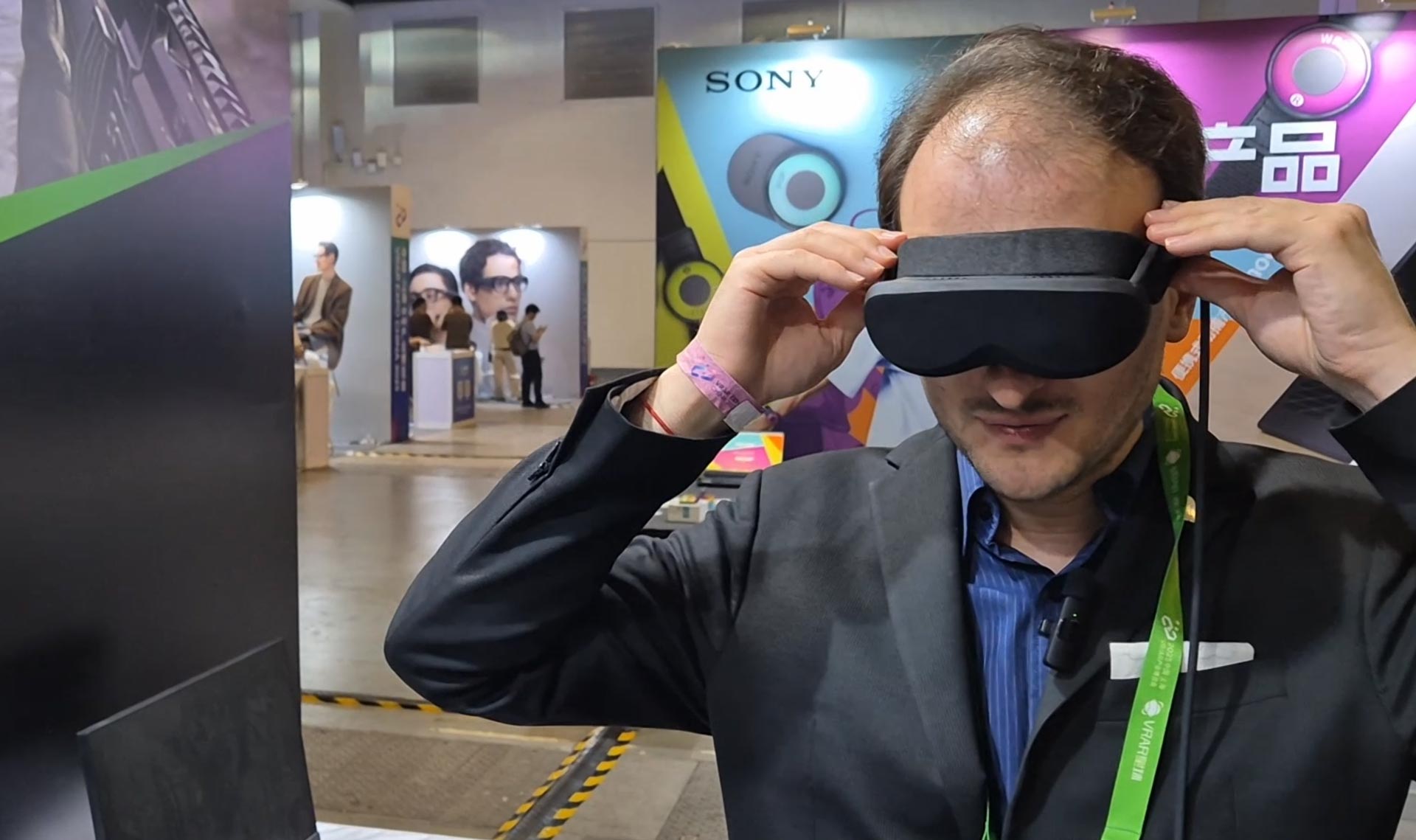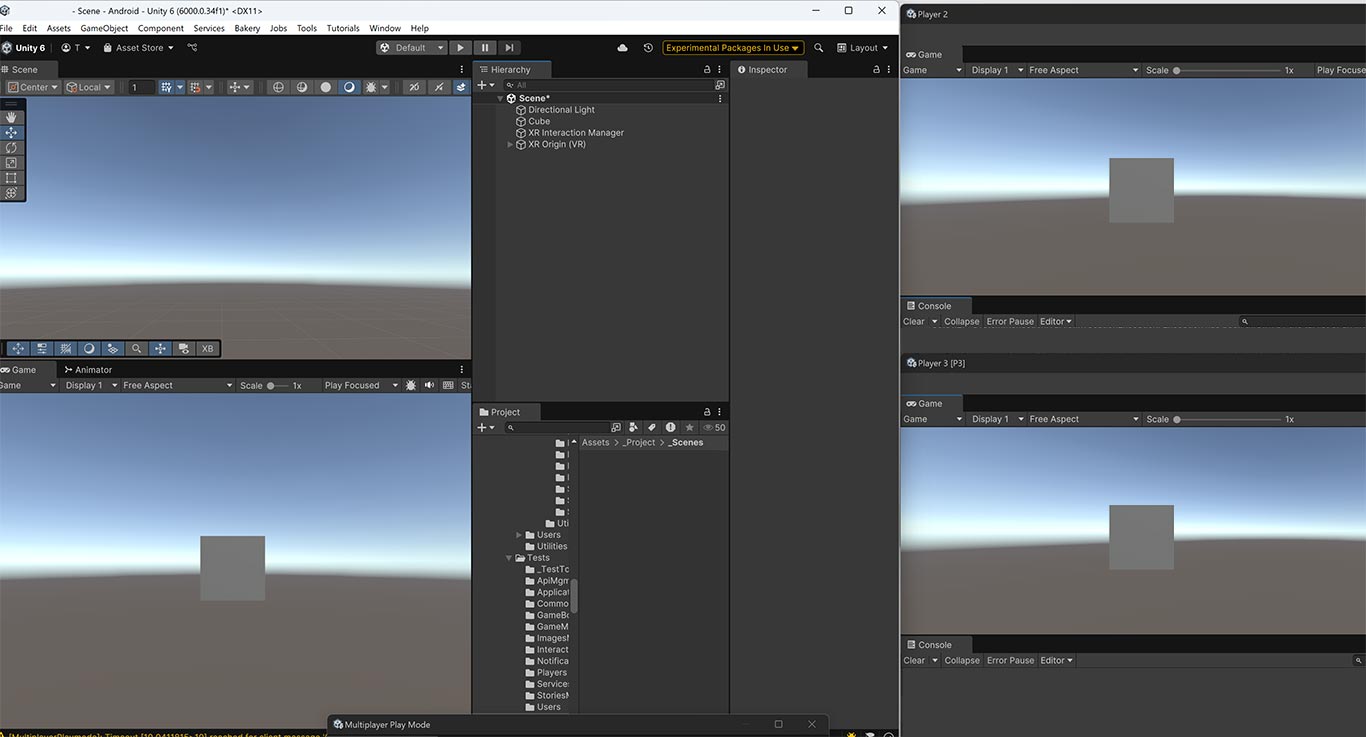VR in Healthcare for reducing anxiety of patients with Access Med
I’ve been contacted by Sam of Access Sports, a medical facility in New Hampshire (U.S.) that is experimenting with virtual reality. Virtual reality is going to perform a great impact in healthcare: I’ve read articles on patients using virtual reality as an alternative to anesthetics during surgical operations (if you wonder how this is possible: well, properly crafted VR experiences can induce a state very similar to hypnosis, so the brain will be told to ignore all pain stimuli from the body); articles on people that have returned to walk thanks to a rehabilitative VR experience; articles on training applications for medics and surgeons using VR (well, me too have been part in a project for medical training in AR). Today I’ve learnt something new, because Access uses VR to releave anxiety in patients before medical treatments.
Copy and pasting pretending that the following ones are my real words, this is what they do.
Access Sports is one of the first facilities to offer virtual reality to their patients while they wait for medical procedures. Technology has now given the industry a way to reduce the use of anti-anxiety medications by utilizing virtual reality to make medical experiences less anxiety-inducing. Access is offering VR as a drug-free alternative to easing anxiety before undergoing a stressful medical procedure.
At no additional cost, patients will be able to wear the virtual reality gear while waiting for their procedure to begin or while in post-operative recovery. It doesn’t matter if the procedure is surgical or an in-office procedure; patients will have the option of using this technology as a distraction to calm their nerves if the experience brings them anxiety.

Ok, end of cut and paste. Or maybe not. First question that may pop in your mind is: does it work? From their statistical data, it seems that it works.
According to appliedVR case studies, pre-clinical results showed a 63% reduction in anxiety, and clinical results showed a 24% decrease in pain when patients used virtual reality. Because of these benefits, virtual reality is gaining a reputation as the non-pharmaceutical alternative to calm nerves by reducing – or in some cases, eliminating completely – the need for anti-anxiety medications like Valium.
I really believe those data: I’ve already talked with people developing relaxing VR apps and I’ve tried by myself Guided Meditation, experiencing how VR can isolate yourself completely from the world around you, making you see yourself inside a relaxing environment, where thanks to images and sounds you start feeling relaxed, in peace with the world.
I like this project, because it is one application of virtual reality that makes the world better: patients will feel more comfortable before waiting for a medical procedure. This means less stress for them… and for the most anxious ones, this means taking less psychopharmaceuticals to relax themselves, improving their general health.
Another thing that I liked has been the consideration of different needs for different kind of people: adults want to relax and so they’re given relaxing environments; children do not want to relax (whoever has children may tell you that they never rest, they’re like Bender when it had too much energy and had to continue party to avoid exploding), they want to have fun: so Access gives them some minigames, they can also experience when doing little treatments (like removing casts). Smart choice.

The project is very interesting and I hope they’ll continue this sperimentation, improving it to use VR even during more complicated medical treatments (like little surgical operations). Of course there are some issues that I see in this project: first of all, children should not use VR for long times (these are the guidelines) and this can be an issue for patients waiting for a long time; then hygiene between consective usages have to be guaranteed (we’re in a medical clinic!); in the end, lots of different experiences have to be offered, to not make bored recurring patients. But I think that these are solvable issues, nothing too complicated.
Hope you liked this idea as I did… if you break a leg in New Hampshire, now you know where you can go! 😀
(Header Image by Access Sports)
Disclaimer: this blog contains advertisement and affiliate links to sustain itself. If you click on an affiliate link, I'll be very happy because I'll earn a small commission on your purchase. You can find my boring full disclosure here.



